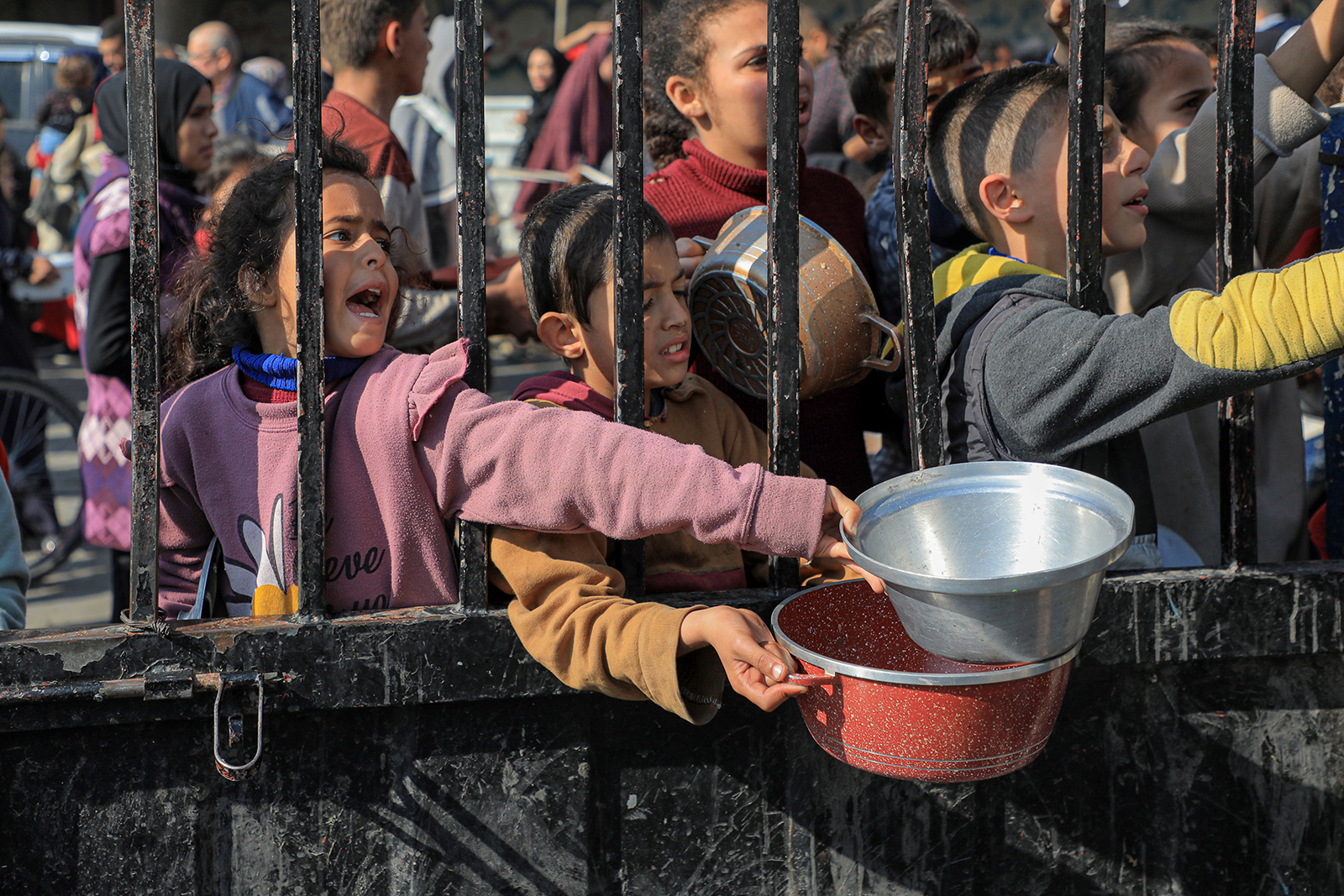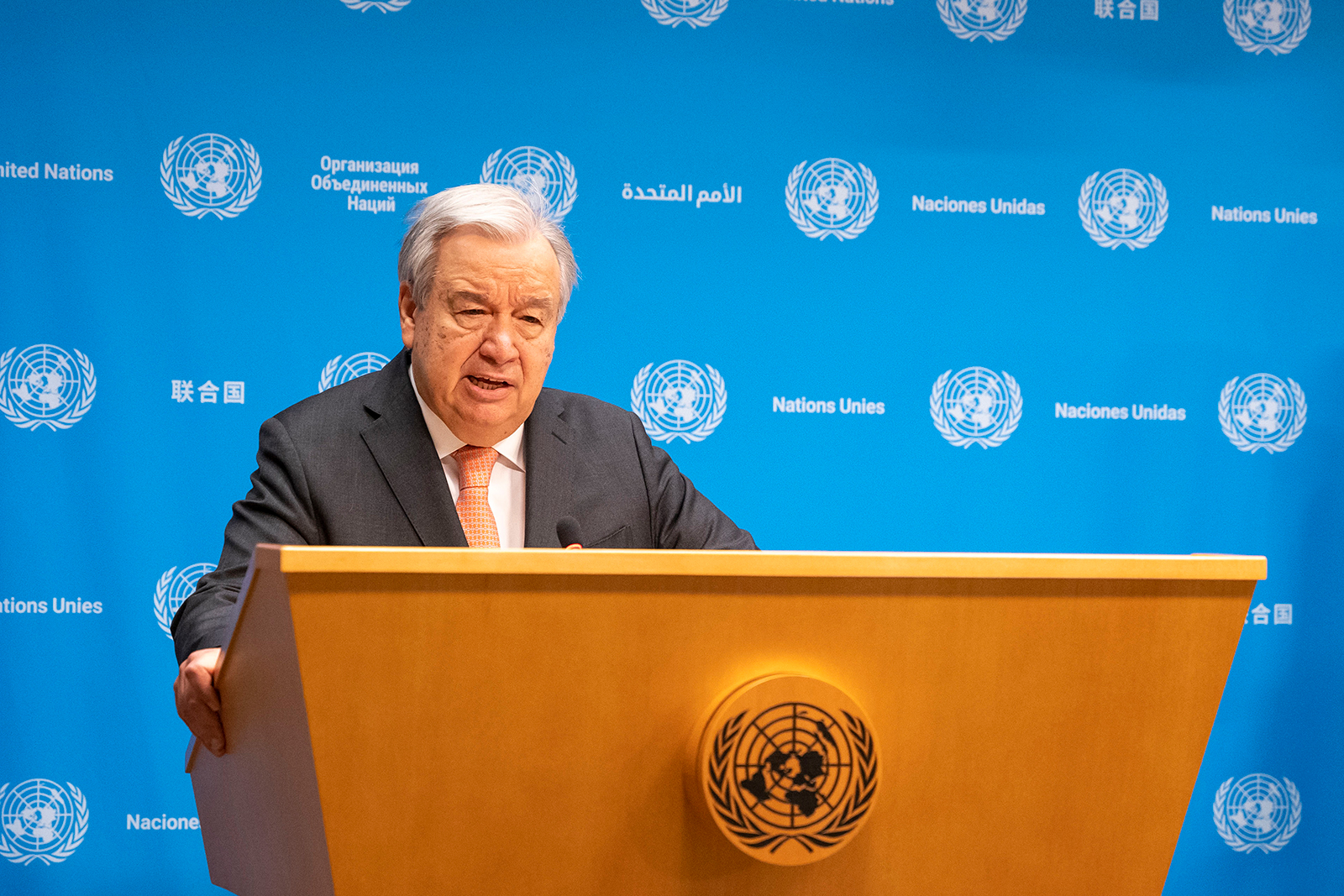
Israel's war in Gaza has brought famine with "such incredible speed," the United Nations’ relief chief told CNN on Monday, as he warned that hundreds of thousands of Palestinians are starving in the besieged enclave.
The "great majority" of 400,000 Gazans characterized by UN agencies as at risk of starving "are actually in famine, not just at risk of famine," UN Under-Secretary-General for Humanitarian Affairs and Emergency Relief Coordinator Martin Griffiths told CNN's Christiane Amanpour.
"It's been an extraordinary and holy unwelcome aspect of the Gazan war," he said. "It has brought famine with such incredible speed to the front of the lines."
Aid has been trickling into Gaza slowly from two border crossings in the south.
Last week, the UN Office for the Coordination of Humanitarian Affairs said Israel had denied critical supplies from entering northern Gaza. But Israel has accused the UN’s Palestinian refugee agency of not doing enough and “stalling” the progress.
Griffiths told CNN Monday that work to provide humanitarian aid to 300,000 Gazans who remain in the north of the strip continues to be a challenge.
"If you cannot rely on deconfliction of access routes of people in need, If you cannot rely on hospitals not being attacked ... if you cannot rely on people having to move from one place of insecurity to another place of insecurity, those are the issues that make humanitarian aid deliveries," he said. "It's not a matter of the number of trucks that can get in."
More than 24,000 people have been killed in Gaza and more than 60,000 others injured since October 7, the Hamas-run Ministry of Health said Monday. Meanwhile, nearly 90% of Gaza's pre-war population has been displaced, according to the UN.
Griffiths warned Monday that the dire humanitarian situation in the enclave could create "generational hatred."
"We worry for the security of Israel as much as the security of Gaza," he said.



